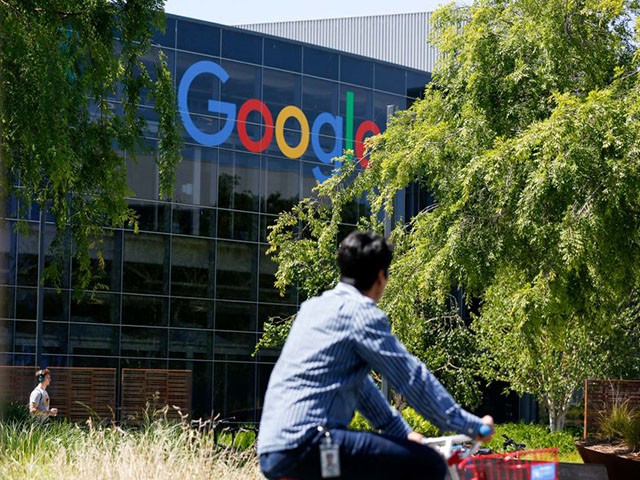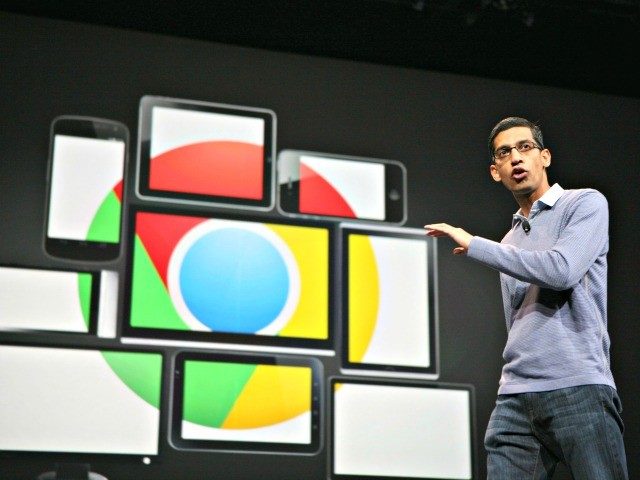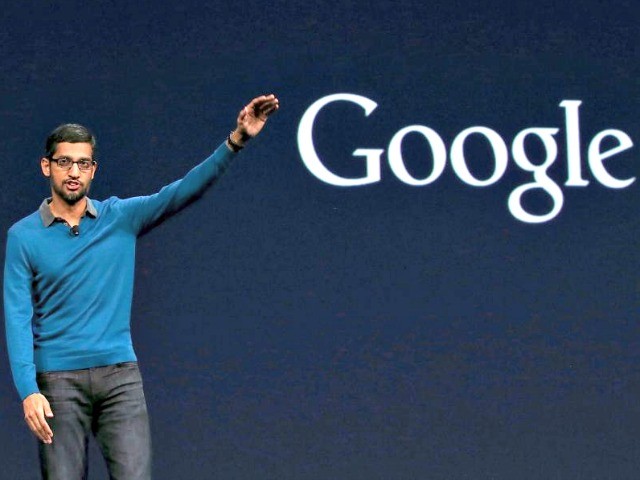In a recent article, Wired outlines how recent rulings from French regulators have had a significant impact on Google’s ad business and what other countries could learn from the rulings.
Wired reports in an article titled “France Cracked Down on Google’s Ad Tech. What’s Next?” that the French Competition Agency (FCA) has hit Google with fines of $855 million in the past year alone, and while such fines are tiny in comparison to Google’s revenue, certain policies and rulings have had a direct effect on Google’s ad business practices.
In June, the FCA hit Google with a $260 million fine after ruling that the company had been using its dominant position in the advertising technology market to outbid rivals and cement its standing in the field. A month later, Google received another fine of $594 million for failing to negotiate copyright changes to its search results with media organizations.
Of course, these fines mean little to Google, which made $61.9 billion in the last quarter alone. But what was surprising about the FCA’s ruling was that Google didn’t even attempt to fight back against it. The company agreed with the facts presented by the FCA and agreed to make significant changes to its operations worldwide.
Wired reports:
In short, Google used its power to give itself an advantage. Under competition laws in Europe, companies that have a dominant market position aren’t allowed to abuse their position. Tech giants are allowed to be big, but they shouldn’t use this power to make themselves stronger at the expense of rivals. Publishers of websites selling their advertising space lost out because of Google’s behavior, the FCA ruled. And Google’s rivals in the advertising technology space also suffered because of Google’s actions.
Google surprisingly isn’t challenging the FCA’s ruling at all and has proposed changes to its advertising technology itself. Fayrouze Masmi-Dazi, a partner in competition law at the French firm Frieh Associés, commented on the situation, stating: “It is the first decision ever in which the tech giants, and Google, in particular, undertake such remedies to settle a case. This is a very important decision. I think it shows that the French competition authority is both very pragmatic and also creative in terms of solutions that can be found to address the issues.”

Google’s main campus is seen as a sit-in to protest against Google’s retaliation against workers takes place within Google’s main cafeteria in Mountain View, California on May 1, 2019. (Photo by Amy Osborne / AFP) (Photo credit should read AMY OSBORNE/AFP/Getty Images)
Wired noted some of the changes Google would be making following the ruling, writing:
The ad tech changes could have a large impact on Google. At the same time as the FCA announced its advertising technology decision, Google France legal director Maria Gomri published a blog post explaining how the company would change Ad Manager in response. The company says it is improving access to data for its competitors, making Ad Manager more flexible and “reaffirming our promise” not to use data in ways that its rivals can’t reproduce.
Others have praised the French regulator’s approach to Google and the fact that Google is actively changing its operations following the ruling. Wired reports:
Competition lawyers say the French regulator is setting itself apart not only by completing cases quickly but also by using interim powers, which allow it to make decisions while its investigations continue. “What you’re seeing is the French winning the international Olympiad of competition authorities enforcing the law,” says Timothy Cowen, the chair of antitrust practice at Preiskel & Co, a London-based law firm. The numbers back up that assertion. Since December 2019, the FCA has fined Apple $1.4 billion, and it has hit Google with three fines that add up to around $1.2 billion. “Over the past two years, we have really defined the digital economy as a priority for action,” de Silva says.
U.S. legislators are still attempting to regulate Google in an effective manner; recently, an antitrust lawsuit filed by a coalition of three dozen state attorneys general claimed that Google used anticompetitive practices in an attempt to “preemptively quash” Samsung’s Galaxy Store and prevent it from becoming a viable competitor to its own Play Store.
Read more at Wired here.
Lucas Nolan is a reporter for Breitbart News covering issues of free speech and online censorship. Follow him on Twitter @LucasNolan or contact via secure email at the address lucasnolan@protonmail.com


COMMENTS
Please let us know if you're having issues with commenting.